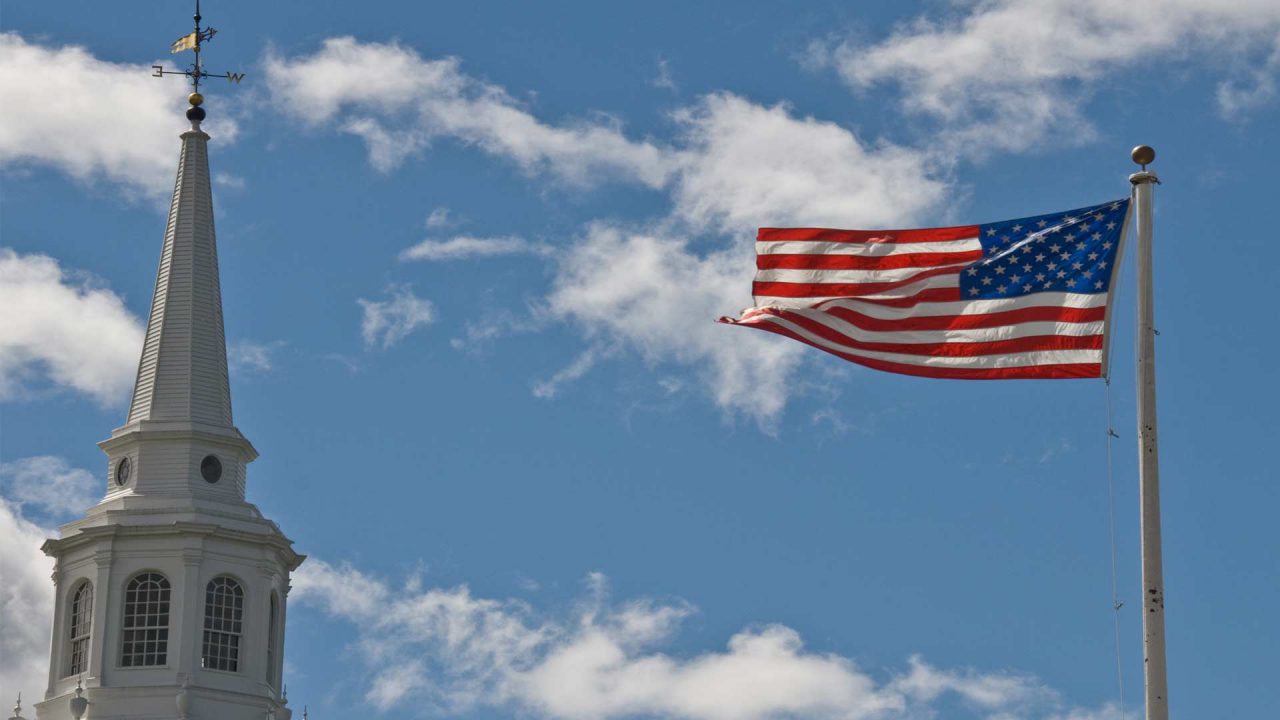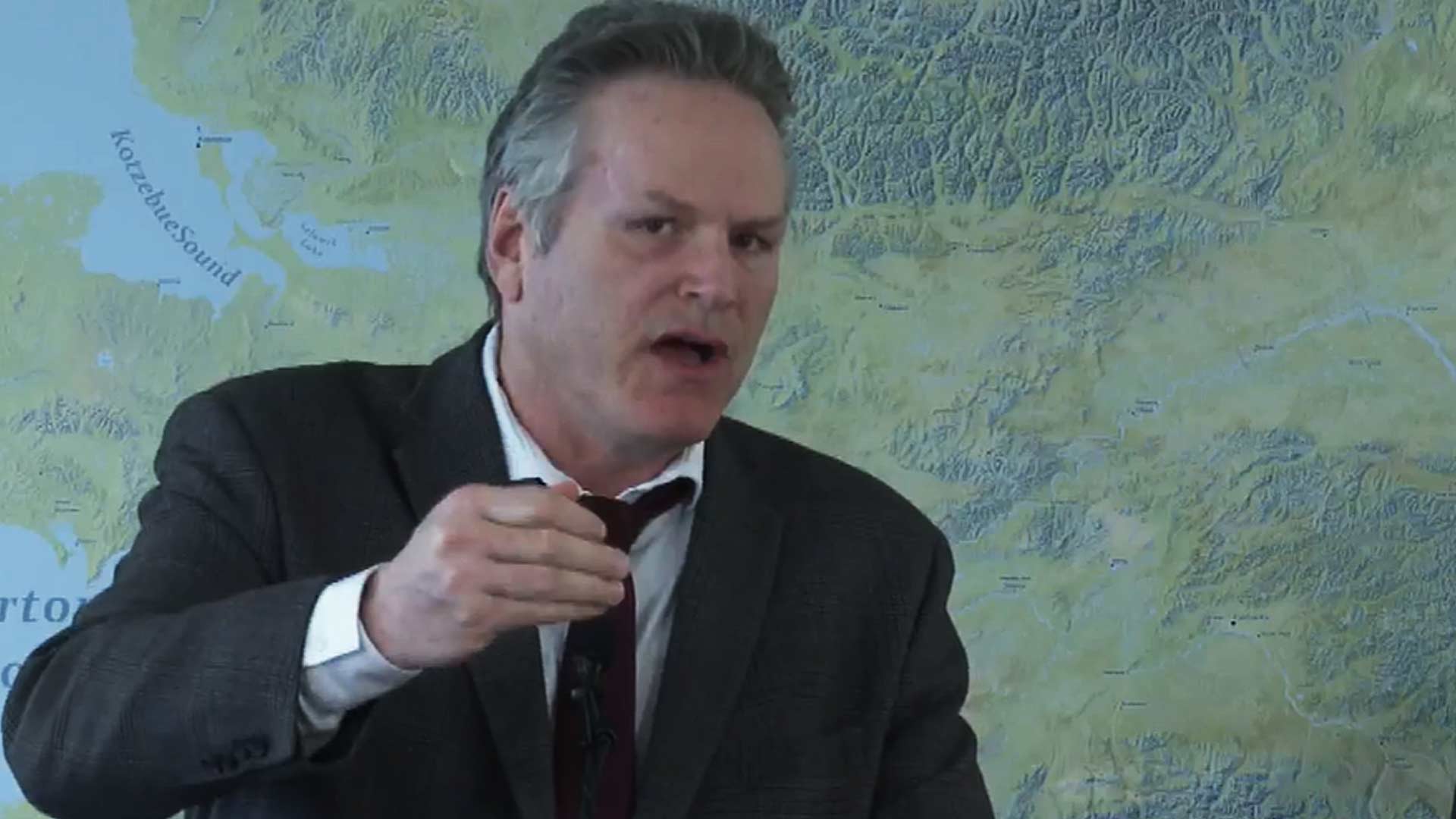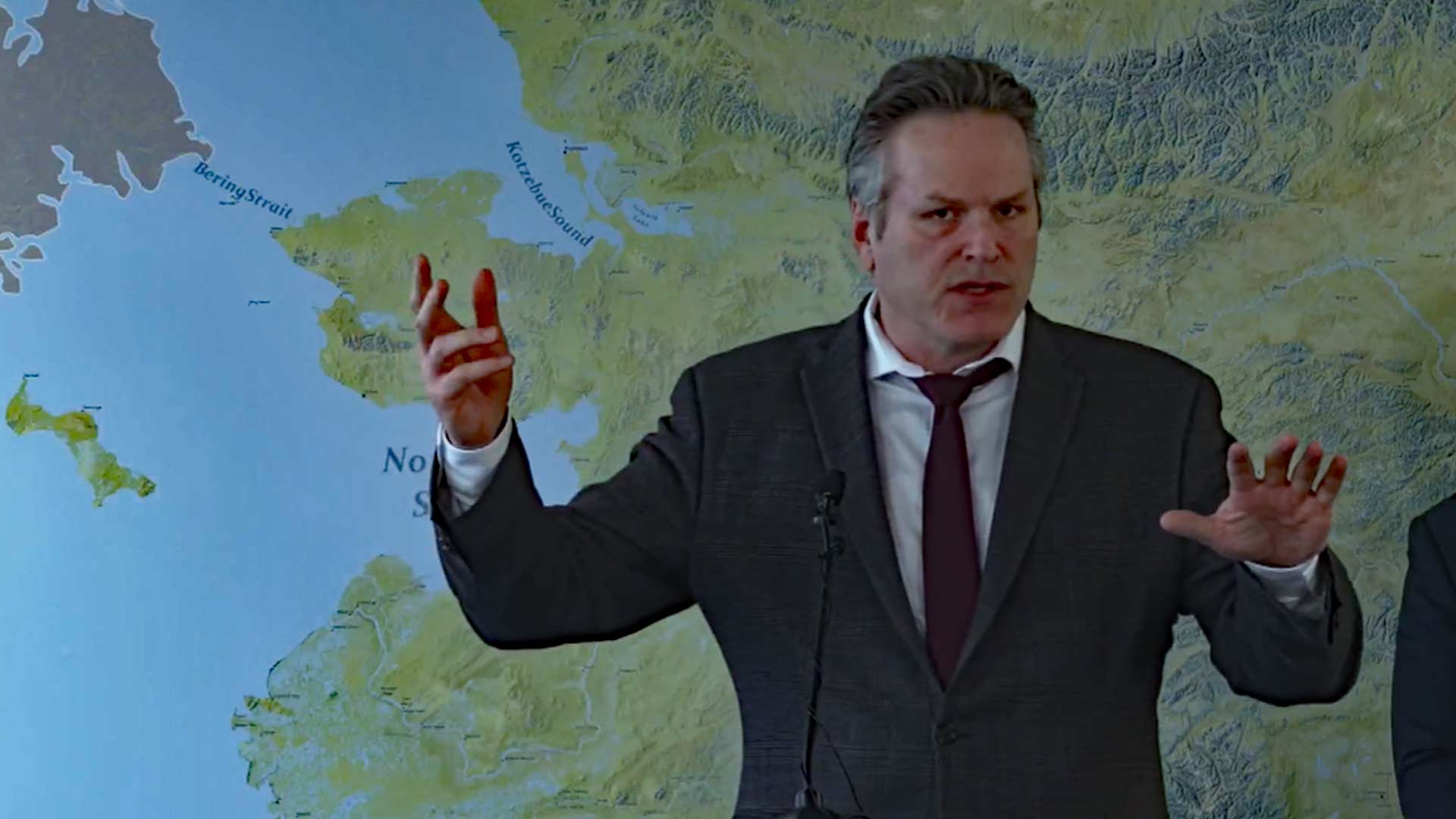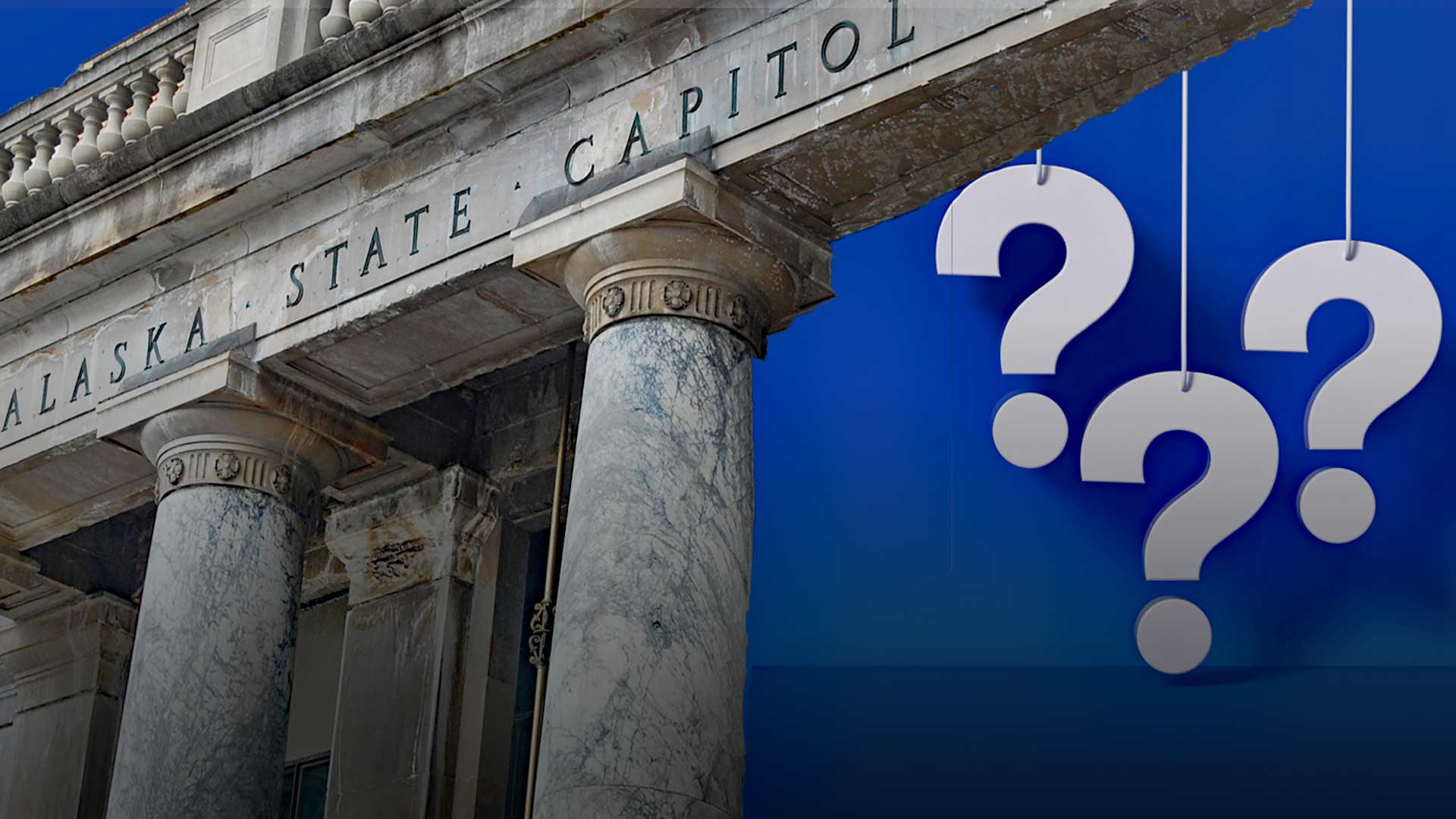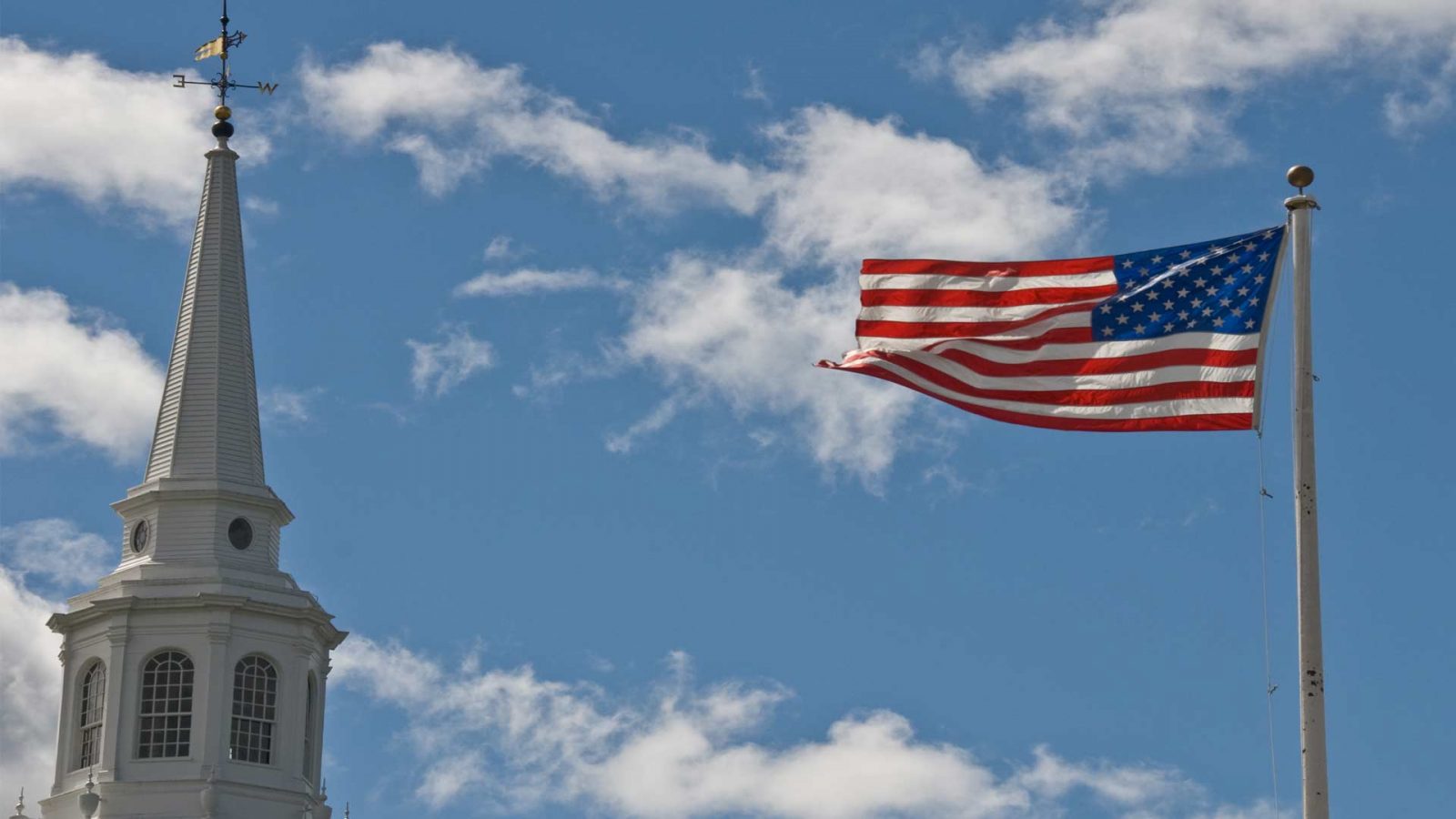
On October 1, voters in Fairbanks and North Pole spoke fairly clearly about the direction they think their communities should be headed regarding civil government and school leadership.
Former Fairbanks North Star Borough Assemblyman Lance Roberts called the elections the biggest win for local conservatives in over a decade. Despite heavy union lifting and organized activism led by LGBTQ and abortion rights groups (i.e. Planned Parenthood) conservatives won five of eight seats available including the mayor of Fairbanks and two school board seats.
Much of this can be explained by the fact that 47 local churches took their responsibility seriously to be salt and light in every aspect of life including the sacred duty to select political leaders when given the opportunity. More than 2,000 Values Voter Guides that Alaska Family Council produced were distributed through these churches. People were educated and equipped to engage, and they stood strong and acted.
In the Book of Daniel, the prophet, after being given a vision by God of future times, proclaimed, “the people who know their God shall stand firm and take action.” Today, the battle against God’s truth and his desire for people to have an abundant life is growing more intense in our schools, in the media, within the business world and in government. But just like the days of Daniel, God’s people are present and actively working to uphold the truth.
Christians in America and here in Alaska today have a duty to fully access the opportunities we have in choosing our government leaders. As Proverbs says, “When the righteous increase, the people rejoice; but when the wicked rule, the people groan.” Further, Romans 13 describes elected officials as “ministers” of the Gospel because of their authority to be agents of justice. These leaders clearly have an important role, and we must not forsake our duty in their selection.
Biblical citizens understand that this world is not our final home. We are merely stewards with a God-given mission to fulfill. It requires us to know, live, and proclaim the entire Truth and act in ways that bring transformation to the communities, societies, nations and world in which we live.
In this country we have unique rights and responsibilities that allow us to engage our culture and system of government – which is how Christians can act for the common good of our communities.
Jesus tells us to love our neighbors as ourselves. One of the ways we do this is by wisely selecting leaders. Another way is by working to pass laws that affirm God’s good design for how we interact with one another and the world in which we live so that we can all flourish. The church has a calling to be salt and light in every sphere of life, including in government and politics, and to speak truth when a law or leader is unjust.
Contrary to popular perception, churches and pastors have much more freedom, and I would say responsibility, to engage with their congregations on important contemporary cultural matters. Some say politics shouldn’t mix with the pulpit, but I challenge those to identify an issue they label as “political” that isn’t also biblical.
Churches and pastors are free in this country to equip their members with the biblical perspective on any given political issue. Churches can lobby for or against legislation or ballot measures. They can discuss candidates’ positions on issues, distribute voter guides, candidate surveys and voting records and engage in non-partisan voter registration drives and get-out-the-vote activities.
Individual pastors (not churches) have every right to endorse or oppose candidates and contribute financially to candidates or political action committees. They can attend caucuses or party conventions and distribute candidate campaign literature.
For those who say we “can’t legislate morality,” I point to the late U.S. Supreme Court Justice Oliver Wendall Holmes. He said, “The law is the witness and external deposit of our moral life. Its history is the history of the moral development of the race.”
If this is true, how do we define our moral life? Perhaps the more appropriate question isn’t “Can we legislate morality?” but “Whose morality will be codified into law?” Believers should seek God when making decisions about who to select as leaders. Regardless of political victories that may unfold, which ultimately do not last and cannot save, God will be glorified when this happens.
The sword of Truth (aka the Word of God) is what Christ-followers use with fear and trembling to pierce this dark and fallen world and lead lost people to the Savior. Especially in light of the current environment, we must also utilize laws and public policy as a “shield” to protect believers’ ability to live out their faith in the public square and to share it with others. We must seek to pass laws and public policy that protect the least of these. In doing so, we advance God’s will “on earth, as it is in heaven.”
The writer is president of Alaska Family Action, a statewide, pro-family public policy organization.
